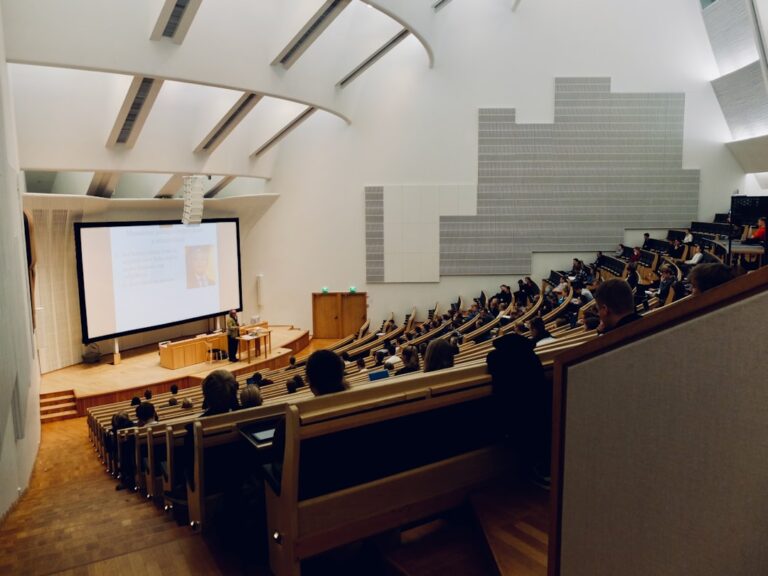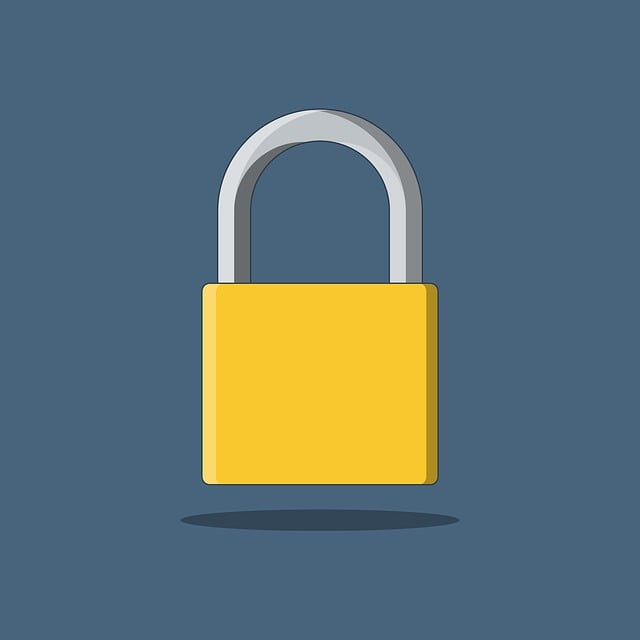Hazing abuse, often disguised as initiation rituals, is a significant concern in Atlanta's educational and social settings. To combat this issue, Atlanta residents can turn to specialized hazing abuse attorneys who protect young people and define legal boundaries. These attorneys hold perpetrators accountable, gather evidence, and navigate complex legalities based on hazing, assault, and civil rights laws. Georgia's strict anti-hazing statutes offer vital protection, with attorneys ensuring justice for victims and addressing emotional/physical harm. Strategic approaches involving witness statements, digital records, and medical reports strengthen cases against abusers, fostering safer environments within Atlanta's institutions.
“In Atlanta, GA, where vibrant communities intertwine, the issue of hazing abuse persists, demanding attention. This article explores the critical role a legal advocate plays in navigating the complex landscape of hazing cases. From defining legal boundaries to understanding Georgia’s anti-hazing regulations, we delve into strategies for building robust cases against abusers.
We highlight the importance of supporting victims and promoting accountability through legal action, emphasizing the need for a dedicated hazing abuse attorney in Atlanta GA to bring justice and healing.”
Understanding Hazing: Defining Legal Boundaries in Atlanta, GA

Hazing is a pervasive issue in many educational and social settings, often involving harmful or dangerous activities imposed on individuals as a requirement to belong or advance within a group. In Atlanta, GA, where a vibrant college and high school scene thrives, hazing abuse attorneys play a crucial role in protecting young people and defining legal boundaries.
Understanding what constitutes hazing is the first step. It’s not merely initiation rituals but actions that place individuals at risk of physical or emotional harm. Legal advocates specialize in navigating these complex cases, ensuring that victims’ rights are protected and perpetrators face appropriate consequences. In Atlanta, where diverse institutions foster strong group identities, a clear legal framework is essential to stop hazing abuse and promote a culture of respect and safety. These attorneys work tirelessly to hold organizations accountable, enabling victims to seek justice and recovery.
The Role of a Legal Advocate in Hazing Cases

In the context of hazing cases, a legal advocate plays a pivotal role in ensuring justice and holding perpetrators accountable. An experienced hazing abuse attorney in Atlanta GA is well-versed in the complexities of these cases, which often involve sensitive issues like bullying, harassment, and even criminal activity. They navigate the legal system to protect victims’ rights and secure appropriate outcomes.
These attorneys delve into the specifics of each case, gathering evidence, interviewing witnesses, and constructing robust legal arguments. Their expertise lies in interpreting laws related to hazing, assault, and civil rights violations, enabling them to guide clients through the often-labyrinthine legal process. By taking a stand against hazing abuse, these advocates contribute to fostering a safer environment in Atlanta’s educational institutions and communities.
Current Laws and Regulations Against Hazing in Georgia

In Atlanta, Georgia, hazing abuse is taken seriously under state laws designed to protect individuals from harmful and dangerous initiation rituals. These regulations aim to deter and punish those who engage in or permit hazing activities, particularly within social organizations like fraternities and sororities. The laws define hazing as any activity that endangers the physical health or safety of a person, or causes emotional harm, with the intent of initiating or admitting someone into a group.
A hazing abuse attorney in Atlanta GA plays a crucial role in navigating these legal complexities. They guide victims through the process, ensuring their rights are protected and seeking justice against perpetrators. These attorneys specialize in understanding Georgia’s specific anti-hazing statutes and work to hold accountable those who violate them, providing much-needed support for survivors of hazing abuse.
Strategies for Building a Strong Case Against Hazing Abusers

When building a case against hazing abusers, a strategic approach is essential. A hazing abuse attorney in Atlanta GA will first gather comprehensive evidence, including witness statements, videos, or any digital records that can corroborate the victim’s experience. Documenting the sequence of events, the role of each individual involved, and the long-term impact on the victim’s mental and physical health is crucial for a compelling case.
Additionally, it’s important to understand the legal definitions of hazing and the specific laws in Georgia that address it. An experienced attorney will navigate these complexities, leveraging expert opinions, medical reports, and previous case precedents to strengthen the claim. By presenting a well-organized and detailed argument, victims can hold perpetrators accountable and seek justice for the suffering caused by hazing abuse.
Supporting Victims and Promoting Accountability Through Legal Action

In cases of hazing abuse, a dedicated hazing abuse attorney in Atlanta, GA plays a pivotal role in supporting victims and promoting accountability. These legal advocates ensure that individuals who have suffered physical or emotional harm due to hazing activities have a voice and a chance to seek justice. They work tirelessly to gather evidence, interview witnesses, and construct a compelling case against the perpetrators, often from organizations such as fraternities, sports teams, or military units.
By pursuing legal action, these attorneys not only help secure compensation for victims’ suffering but also send a strong message that hazing will not be tolerated. Their efforts contribute to creating a safer environment by holding accountable those who engage in harmful practices. Through their work, they foster a culture where respect and consent are prioritized, ensuring future instances of hazing abuse are minimized.





